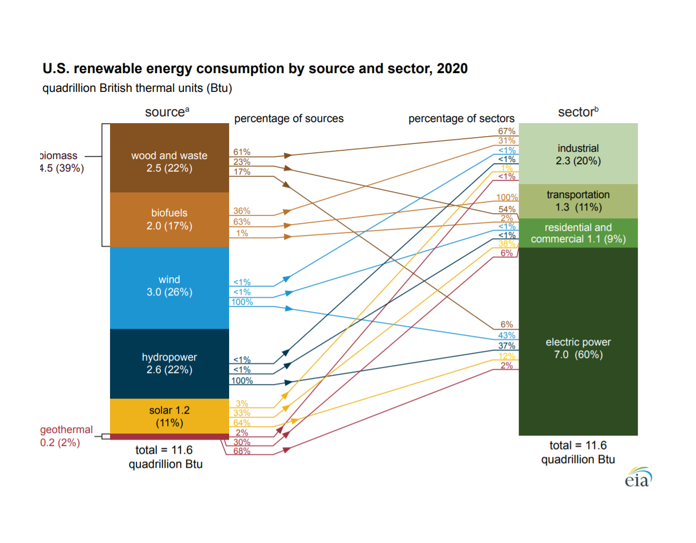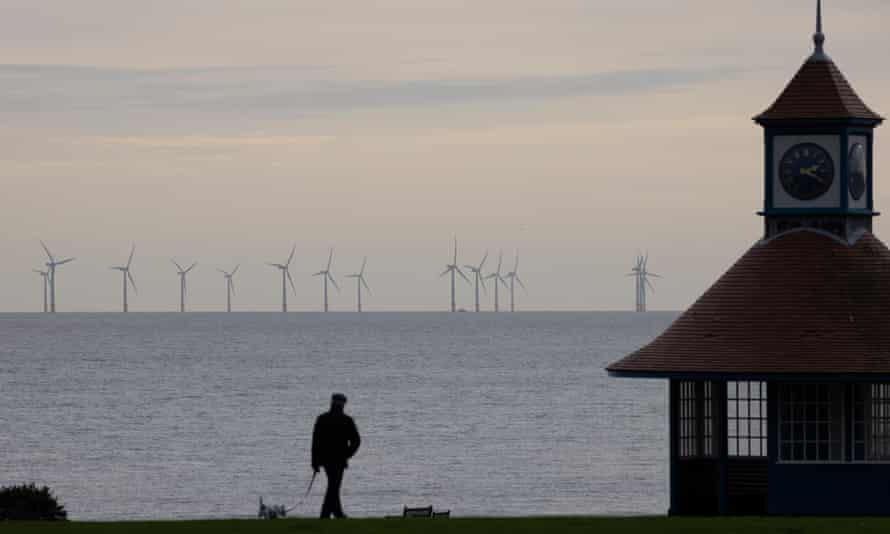Governments must step up their regulation of businesses to tackle the climate crisis, the former Bank of England governor Mark Carney has urged, because the financial free markets will not reduce greenhouse gas emissions alone.
Carney, who left the Bank of England last year before the first Covid-19 lockdown, is now one of the most influential figures working on Cop26, the vital UN climate talks to be held in Glasgow in November. He is a UN envoy on climate change and Boris Johnson’s finance adviser on the climate.
He said for the world to meet its climate goals, governments would have to force industries to follow clear rules, on everything from energy generation to construction and transport, and set carbon prices that would drive investment towards green ends and close down fossil fuels.
“We need clear, credible and predictable regulation from government,” he said. “Air quality rules, building codes, that type of strong regulation is needed. You can have strong regulation for the future, then the financial market will start investing today, for that future. Because that’s what markets do, they always look forward.”
Without such robust intervention from governments, markets would fail to address the crisis. “It wouldn’t happen spontaneously by the financial sector,” he said. “But we can’t get there without the financial sector.”
People must also press political leaders to act, Carney said. “When people have made it clear they have that objective [of tackling the climate crisis], and if there is public policy that translates those wishes into real action, a price on carbon, regulation of internal combustion engines for example, then financial markets – capitalism – will come up with the solutions to give people what they want.”
He pointed to Johnson’s promise to ban sales of new diesel- and petrol-driven cars from 2030. Car companies are responding: Nissan has announced a £1bn electric car hub in Sunderland, while Vauxhall’s owner, Stellantis, is making a £100m investment in Ellesmere Port. “We’ve seen the automotive industry saying, wait a minute, we have to make big investments in order to supply people with cars in the future,” Carney said.
However, Carney still sees a future for fossil fuels. In May, the International Energy Agency said if the world was to stay within 1.5C of global heating, there could be no more exploration or development of fossil fuel resources.
Carney argues that countries and companies could still carry on exploiting fossil fuels, despite this advice, if they use technology such as carbon capture and storage, or other ways of reducing emissions. “You have to take it on the specific projects. If [fossil fuel] producers are able, through considerable investment in carbon capture and storage, to get to net zero then that creates some room in the carbon budget.”
In Canada, for instance, where Carney is from and partly lives – and where, according to rumours, he is reported to be considering a political career – he said oil sands producers could continue to develop their high-carbon resources, if they reduce their emissions and Canada can make changes elsewhere. “Canada has an objective of 40-45% down on emissions by 2030,” he said. “I’m not going to dictate exactly how that is accomplished but the critical thing is the aggregate.”
Companies should also be able to use carbon offsets to meet climate targets, Carney insisted. The practice of offsetting – funding the planting of trees or protection of forests, or other projects that reduce carbon, to make up for a company’s or individual’s emissions – has become increasingly controversial. Some fraudulent schemes have been uncovered, in which carbon credits did not exist or did not represent an actual reduction in emissions. Other schemes have been found to fail to protect forests, allowing logging to continue while selling carbon credits based on keeping forests standing.
Carney has drawn criticism from green groups over his support for offsetting, but remains a staunch advocate. “I’m of the view that offsets can play a role because they extend the carbon budget,” he said. “It’s a bit like when we think about people living on a very tight budget. If you can find ways to save a bit of money here and there or earn a bit more money, you do it. That’s what this is.”
Part of the purpose of carbon credits is to protect areas of forest under threat, such as the Amazon or in south-east Asia, with the additional benefits of preserving natural ecosystems and helping indigenous peoples. The world has not yet found other ways of keeping rainforest protected, he said. “We may not like it that it makes sense to have private companies pay to stop [the burning] but it makes a lot more sense to do that and preserve the rainforest than to just let it happen. Unfortunately, we’ve been just letting it happen.”
Despite criticism of companies “greenwashing” before Cop26, and despite his acknowledgment that “we have left it very late” to begin seriously cutting emissions, Carney believes that harnessing capitalism and the power of money will bring about the changes needed in time to avoid climate breakdown.
“With the right regulation, with a rising carbon price, with a financial sector that is oriented this way, with public accountability of government, of financial institutions, of companies, yes, then we can, we certainly have the conditions in which to achieve [holding global heating to 1.5C],” he said. “That’s our objective.”






